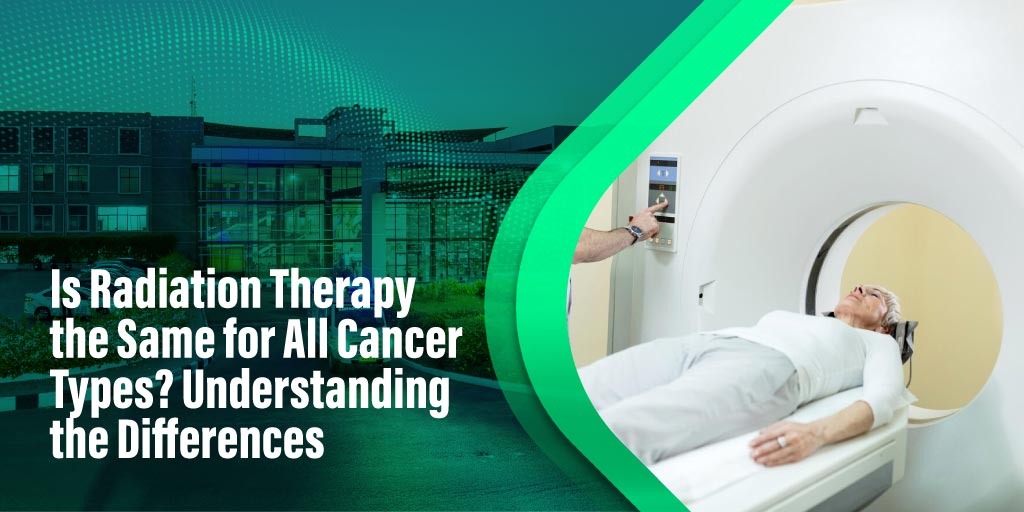What is Bone Cancer?
A tumour is nothing but when cells lose their ability to destroy, which makes them increase unusually, thereby causing cell build-up. Tumours are of two types benign and malignant, in the case of malignant tumours they develop in four stages, which are distinguished based on their growth and spread.
Researchers have yet to determine the reason for cells losing their ability to die naturally but the risk factors that contribute to bone cancer are known, let’s look at the various reasons behind the formation of bone cancer.
Causes of Bone Cancer:
While researchers have yet to identify the exact cause, cases of bone cancer are mostly linked to hereditary factors and prolonged exposure to radiation. Cells start to rapidly grow and in the case of bone cancer, while healthy cells die during the developing phase, abnormal cells begin to collect in specific areas of the body causing tumours. These tumours or lumps come in different types and can be benign or malignant.
Karpagam Hospital is one of the advanced cancer hospitals in Coimbatore that performs diagnostics and screening to detect bone cancer in its early stages and designs a personalized treatment plan employing the latest bone cancer treatment approaches for the best treatment outcomes.
Inherited Genetic Syndromes: Malignant bone cancer can be inherited and transmitted from one generation to the next. Scientific studies on parents have found that certain genetic syndromes like Li-Fraumeni and retinoblastoma can be passed on to their children, which makes them vulnerable to bone cancers.
So, in case your parents have bone cancer it would be best to get screened before the condition progresses to its advanced stages.
Paget’s Disease of Bone: Do you know? Our body can replace old bone tissues with new ones. However, due to certain factors, our body struggles to replace the old bone tissues, leading to a condition called Paget’s bone disease.
This condition is distinguished with fragile bones in the skull, spine, pelvis and legs and advances to bone malignancies, during the later phases.
Radiation Therapy: Individuals who are exposed to radiation for long durations can develop bone malignancies. Actually, cancer patients who undergo radiotherapy are at a higher risk of developing malignancies of the bone.
Listed here are some of the common types of bone cancers:
- Osteosarcoma and Ewing sarcoma are common in children and young adults.
- Chondrosarcoma is a form of cartilage cancer which commonly develops in adults.
- Chordoma initiates in the lower spinal cord and is a type of bone cancer.
Let’s look at some of the approaches to treat malignancies of the bone:
What are the Different Bone Cancer Treatment Approaches?
The main form of treatment for bone cancer is surgery while chemotherapy, radiation therapy, proton therapy and targeted therapy are some of the other approaches that Oncologists at advanced cancer hospitals employ to treat bone cancer. Oncologists develop a personalized treatment approach depending on your medical history and requirements.
Surgery: Surgery is the go-to treatment approach for most bone cancers. Both biopsy and surgery are done by surgical oncologists with extensive experience in executing such procedures. Since, a biopsy done at the wrong place can cause problems while performing surgeries, negatively impacting bone cancer treatment outcomes.
It’s always best if both the biopsy and surgery are conducted by the same surgical oncologist to ensure accuracy of tumour location. The surgical oncologist does a wide-excision with the main goal of the surgery being to remove most of the malignant tumour as possible.
This is done to lower the risk of residual cells growing and spreading to other areas of the body. The surgical procedure not only involves the removal of the malignant cells but also a margin of healthy tissue surrounding them.
When dealing with tumours in the arm or leg regions, surgical oncologists usually perform limb-sparing surgery to remove malignant cells while allowing you to sustain your limb functions completely. In some cases, a bone graft or an endoprosthesis wherein an internal device is implanted to replace the bone that is removed during the surgical procedure.
If surgical oncologists or not able to perform limb-sparing surgery due to your body condition then an amputation procedure is performed to remove the limb, followed by reconstructive surgery and along with the use of a prosthetic limb.
After both procedures advanced cancer bone cancer treatment centres offer rehabilitation which involves various therapies and supportive services to improve your limb functions and lead a quality life.
Chemotherapy: The chemotherapy approach is employed by oncologists in Coimbatore to treat osteosarcoma or Ewing’s sarcoma. It’s mostly given to reduce the size of the tumour before the surgical procedure, which allows for its easy removal and destroys the remaining cancer cells that exist after the surgical procedure.
A chemotherapy procedure is also given if the bone cancer has metastasized or spread to other organs in your body like the lungs.
Radiation Therapy: Do you know? Radiation is not usually a recommended bone cancer treatment approach as they are less sensitive to radiation. But is given if a surgical procedure cannot be done to remove the tumour cells or if they remain after the surgery. This form of bone cancer treatment also helps in relieving the symptoms during a relapse of bone cancer.
With developments in radiation therapy techniques and the unparalleled skills of the best radiation oncologists tumours can be targeted precisely and deliver the maximum amount of radiation with minimal damage to healthy tissues.
Proton Therapy: Proton therapy is a one-of-a-kind treatment approach that allows radiation oncologists to deliver high doses of radiation directly on the tumour without causing any damage to the nearby healthy tissues and vital body organs.
Targeted Therapy: These are new and improved bone cancer treatment approaches using therapeutic agents to fight certain types of bone cancers like chordoma. Targeted therapies use small molecules of these agents to attack cancer cells by blocking the pathways that these malignant cells use to survive and multiply.
When abnormal tissues or tumours collect on a bone due to rapid cell reproduction it leads to, what is called, bone cancer or bone malignancy. These tumours that form on the bone can be benign or malignant, wherein benign tumours are confined to specific areas while malignant ones spread to other body organs disrupting their functions or causing them to fail completely. It’s a rare condition and accounts for one percent of all cancers.
Bone cancer symptoms differ from person to person and can vary depending on the type and location of the tumour. They can be challenging to detect as they coincide with several symptoms of non-cancerous tumours, arthritis and osteoporosis conditions or injury. They include persistent pain, swelling, pathological fractures, restricted movement and other systematic symptoms like persistent fever, fatigue, unintentional weight loss and anaemia.
In case you are at higher risk of acquiring bone cancer it’s important to take the necessary preventive measures and undergo cancer screening frequently to detect its presence in the early stages for the best bone cancer treatment outcomes.








